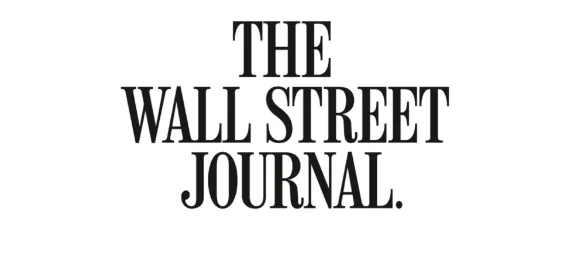According to a Wall Street Journal (WSJ) story, Tether’s financial sheet may become technically insolvent with a mere 0.3% decline in the value of its reserve assets.

Journalists Jean Eaglesham and Vicky Ge Huang of the Wall Street Journal (WSJ) focused on the murky status of Tether’s USDT reserves and its eagerly anticipated audit, which has been in the works since 2017.
A “thin cushion of equity” might destabilize the market, according to Eaglesham and Huang, if Tether’s liabilities exceeded its assets:
“A 0.3% fall in assets could render Tether technically insolvent — a development that skeptics warn could reduce investor confidence and spur an increase in redemptions.”
According to Tether’s website, at the time of writing, it has assets of $67.74 billion and liabilities totaling $67.54 billion, a $191 million discrepancy.
Paolo Ardoino, the chief technology officer of Tether, has downplayed the severity of the company’s tight profit margins, telling the outlet that he anticipates capital to “increase dramatically over the next few months.”
“I don’t think we are the systemic risk in [the crypto] system.”
The company has never had any trouble returning consumer money, and after a recent crypto market crisis, it was able to return $7 billion in just 24 hours, according to Ardoino.
According to information on Tether’s website, cash, cash equivalents, other short-term deposits, and commercial paper now make up 79.62% of the company’s reserves. The balance comprises secured loans worth 6.77%, unnamed digital tokens worth 8.36%, and corporate bonds, funds, and precious metals totaling 5.25%.
However, the report claims that Ardoino declined to comment on the composition of Tether’s further assets, which total about $5.6 billion.
Given the market dominance of its stablecoin and the company’s interactions with regulators over alleged misrepresentations of Tether’s backing in the past, the nature of Tether’s reserves has been a long-running and important narrative in the cryptocurrency industry.
In February 2021, Tether and the Office of the New York Attorney General reached an $18.5 million settlement, as part of which Tether agreed to publish quarterly disclosures outlining the precise breakdown of its cash and non-cash reserves.
As part of the business’s drive to offer more openness, Ardonio also informed the WSJ that the company will shortly convert to monthly reporting.
Tether hired the renowned accounting firm BDO Italia earlier this month to help it achieve its goals for reporting transparency through independent attestations. The company has not yet undergone a thorough audit that would delve deeper into its finances and reveal the full breadth of its operations.
